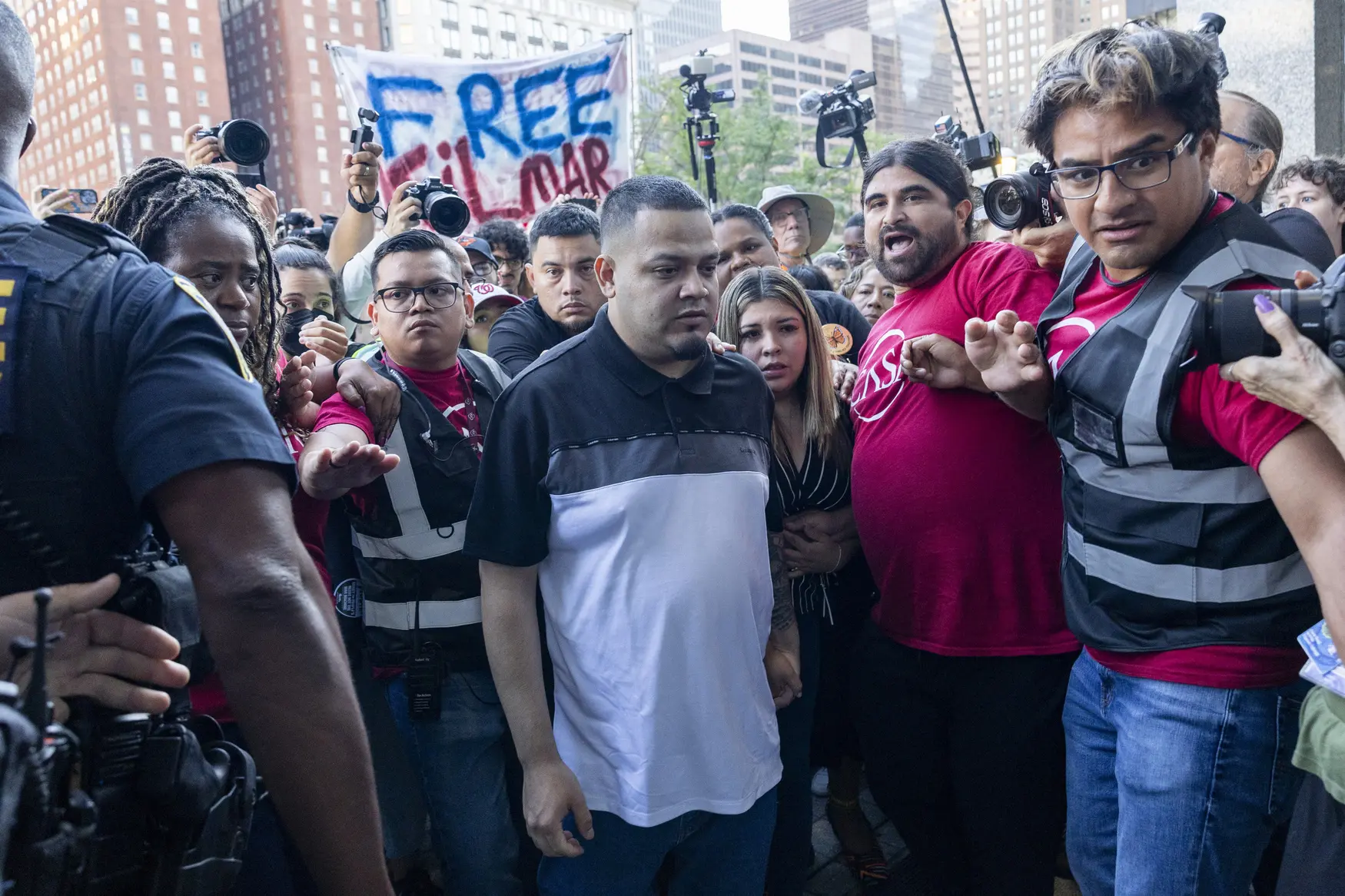T4K3.news
Uganda deportation plan under review
A Maryland court questions the plan to move Kilmar Abrego Garcia to Uganda while asylum claims are considered.

Experts say moving a migrant to a third country with no ties is costly, complex and legally questionable.
Uganda Deportation Plan Tests U.S. Policy
Kilmar Abrego Garcia, a Salvadoran national who was briefly sent to El Salvador before being returned to the United States, faces a possible deportation to Uganda, a country he has no ties to. A Maryland federal judge has scheduled an Oct 6 hearing and has blocked removal for now. Abrego Garcia’s lawyers say he will seek asylum in the United States as part of a new claim based on fear of persecution. He remains detained in Virginia as the case unfolds.
If removal proceeds, authorities would use a chartered flight or military transport escorted by ICE agents. Uganda has signaled it prefers people from other African countries and bars individuals with criminal records or unaccompanied minors, a condition that could complicate Abrego Garcia’s transfer. U.S. officials have pointed to a broader third-country removal strategy, but the exact mechanics, funding and timelines remain unclear as the case moves through court review. NPR and officials have not provided additional detail on how the handover would occur or be verified with Ugandan authorities.
Key Takeaways
"Any claims of criminal activity are fair game for Ugandan officials."
García Hernández on what happens after handover
"It's highly unusual for the United States to deport someone to a country to which they have no ties."
García Hernández on geographic mismatch in removal
"That's not going to be a good look for ICE."
Stevens on optics of solo removal
"Deportations are almost always to a person's country of citizenship or prior residence."
Hughes on standard practice in removals
This case sits at the crossroads of immigration law and political calculation. Moving a migrant to a country with no ties to him tests the limits of asylum protections and basic due process, especially when the path depends on international cooperation and high-cost transport. The legality hinges on complex procedures and court rulings, not speed or sentiment.
The broader implications extend beyond one man. If such third-country removals become more common, they could reshape asylum policy, invite diplomatic friction, and fuel public debate about how taxpayer money is spent on deterrence versus protection. Transparency around any agreement with Uganda is essential for accountability, and the public deserves clear explanations of how safety, fairness and legality will be balanced in these transfers.
Highlights
- Any claims of criminal activity are fair game for Ugandan officials.
- It's highly unusual for the United States to deport someone to a country to which they have no ties.
- That's not going to be a good look for ICE.
- Deportations are almost always to a person's country of citizenship or prior residence.
Deportation to Uganda poses legal and human rights risks
The plan risks bypassing asylum processes, hinges on uncertain international cooperation, and could strain budgets and public trust. Details remain unclear as court actions unfold.
The outcome will reveal whether policy aims can coexist with fair process in a crowded asylum landscape.
Enjoyed this? Let your friends know!
Related News

Deportation delayed as hearings set

Judge blocks Kilmar Abrego Garcia deportation

Migrant case raises due process questions

Deportation case moves forward

California redistricting plan advances after court ruling

Democracy under strain amid redistricting battles

Abrego Garcia lawyers seek gag on officials

Deportation deals with Honduras and Uganda
